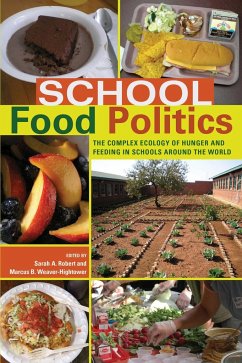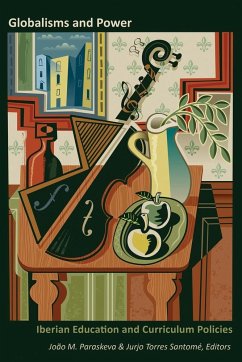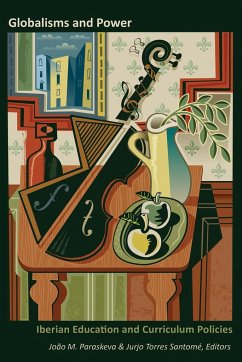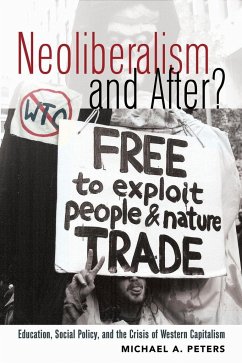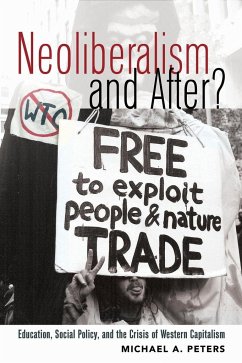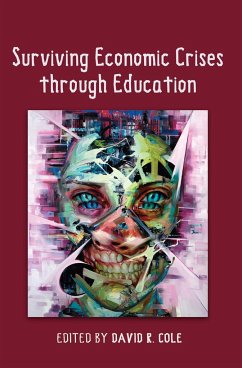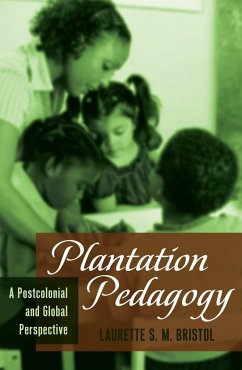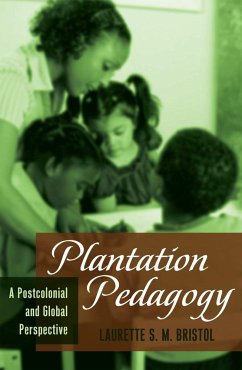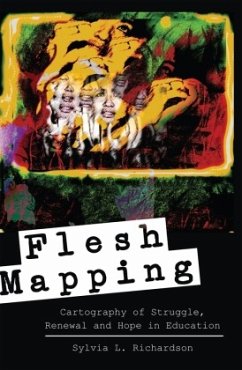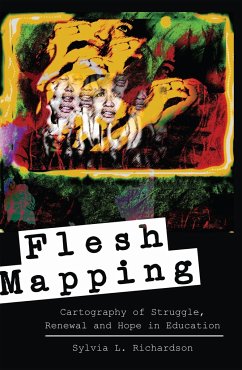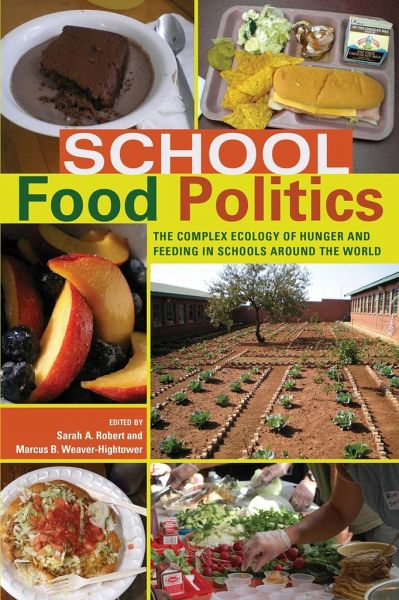
School Food Politics
The Complex Ecology of Hunger and Feeding in Schools Around the World- With a Foreword by Chef Ann Cooper
Herausgegeben: Robert, Sarah A.; Weaver-Hightower, Marcus B.
Versandkostenfrei!
Versandfertig in 6-10 Tagen
39,15 €
inkl. MwSt.

PAYBACK Punkte
0 °P sammeln!
This book has received the AESA (American Educational Studies Association) Critics Choice Award 2012. The essays in School Food Politics explore the intersections of food and politics on all six of the inhabited continents of the world. Including electoral fights over universally free school meals in Korea, nutritional reforms to school dinners in England and canteens in Australia, teachers' and doctors' work on school feeding in Argentina, and more, the volume provides key illustrations of the many contexts that have witnessed intense struggles defining which children will eat; why; what and ...
This book has received the AESA (American Educational Studies Association) Critics Choice Award 2012.
The essays in School Food Politics explore the intersections of food and politics on all six of the inhabited continents of the world. Including electoral fights over universally free school meals in Korea, nutritional reforms to school dinners in England and canteens in Australia, teachers' and doctors' work on school feeding in Argentina, and more, the volume provides key illustrations of the many contexts that have witnessed intense struggles defining which children will eat; why; what and how they are served; and who will pay for and prepare the food. Contributors include reformers writing from their own perspectives, from the farm-to-school program in Burlington, Vermont, to efforts to apply principles of critical pedagogy in cooking programs for urban teens, to animal rights curriculum. Later chapters shift their focus to possibilities and hope for a different future for school food, one that is friendlier to students, «lunch ladies,» society, other creatures, and the planet.
The essays in School Food Politics explore the intersections of food and politics on all six of the inhabited continents of the world. Including electoral fights over universally free school meals in Korea, nutritional reforms to school dinners in England and canteens in Australia, teachers' and doctors' work on school feeding in Argentina, and more, the volume provides key illustrations of the many contexts that have witnessed intense struggles defining which children will eat; why; what and how they are served; and who will pay for and prepare the food. Contributors include reformers writing from their own perspectives, from the farm-to-school program in Burlington, Vermont, to efforts to apply principles of critical pedagogy in cooking programs for urban teens, to animal rights curriculum. Later chapters shift their focus to possibilities and hope for a different future for school food, one that is friendlier to students, «lunch ladies,» society, other creatures, and the planet.



